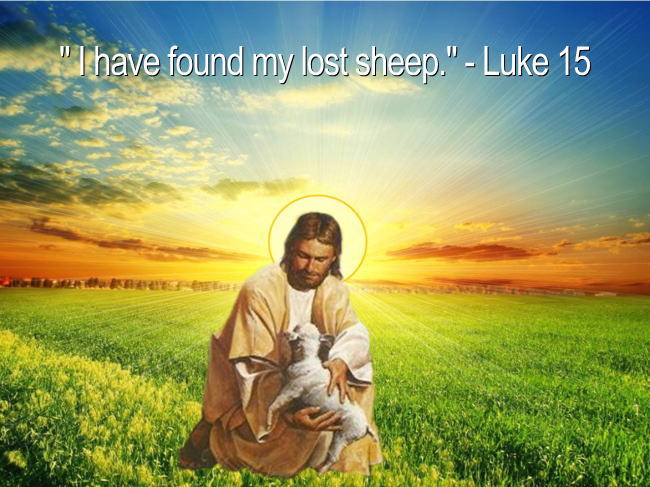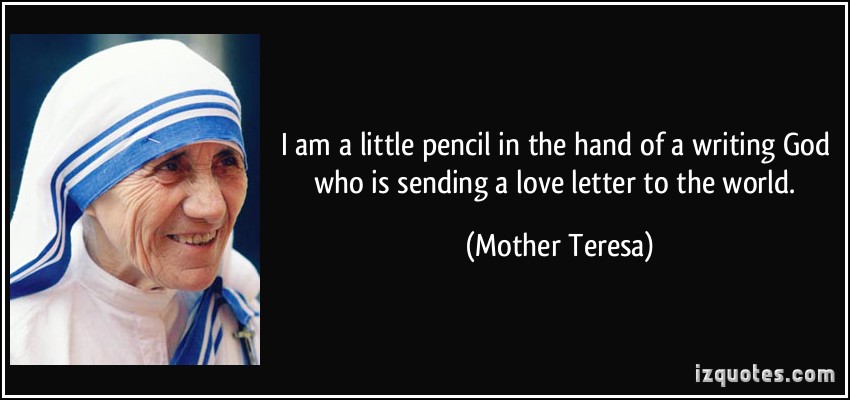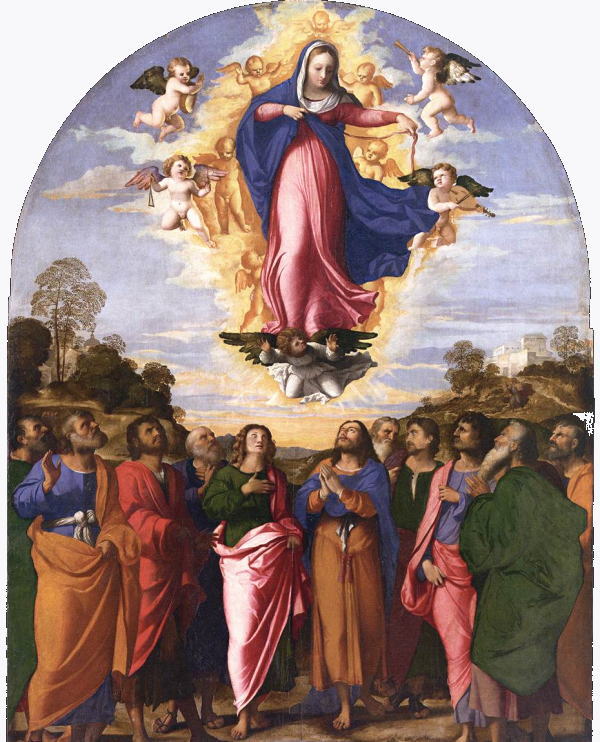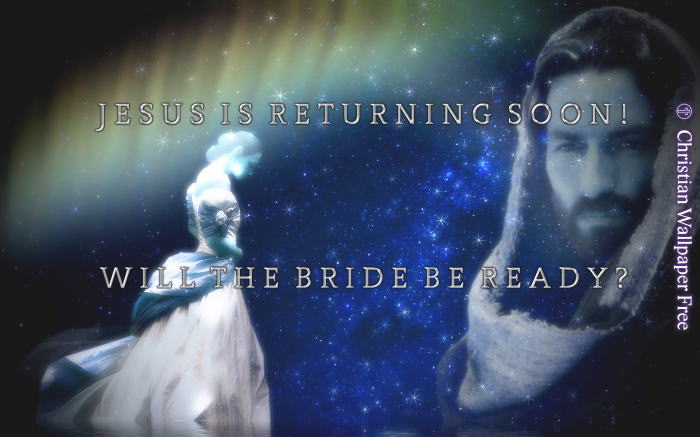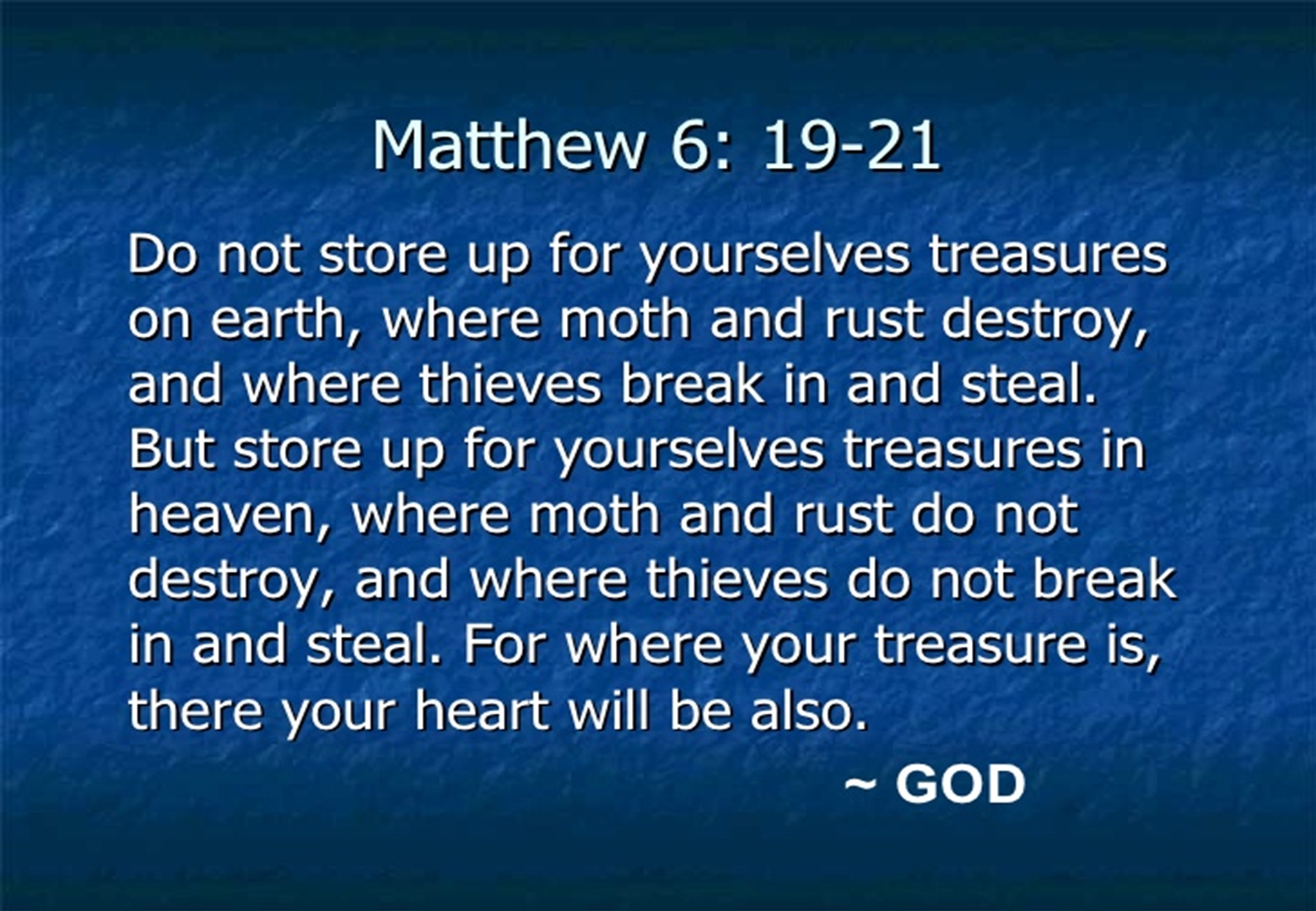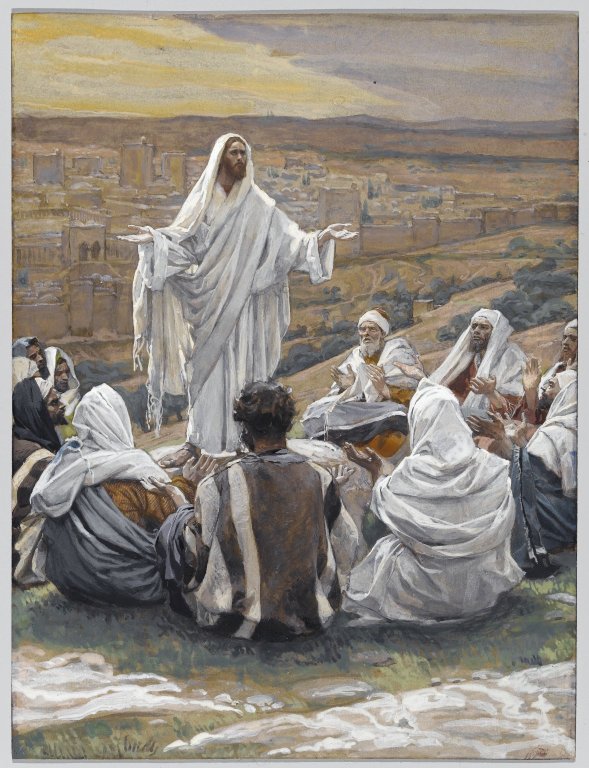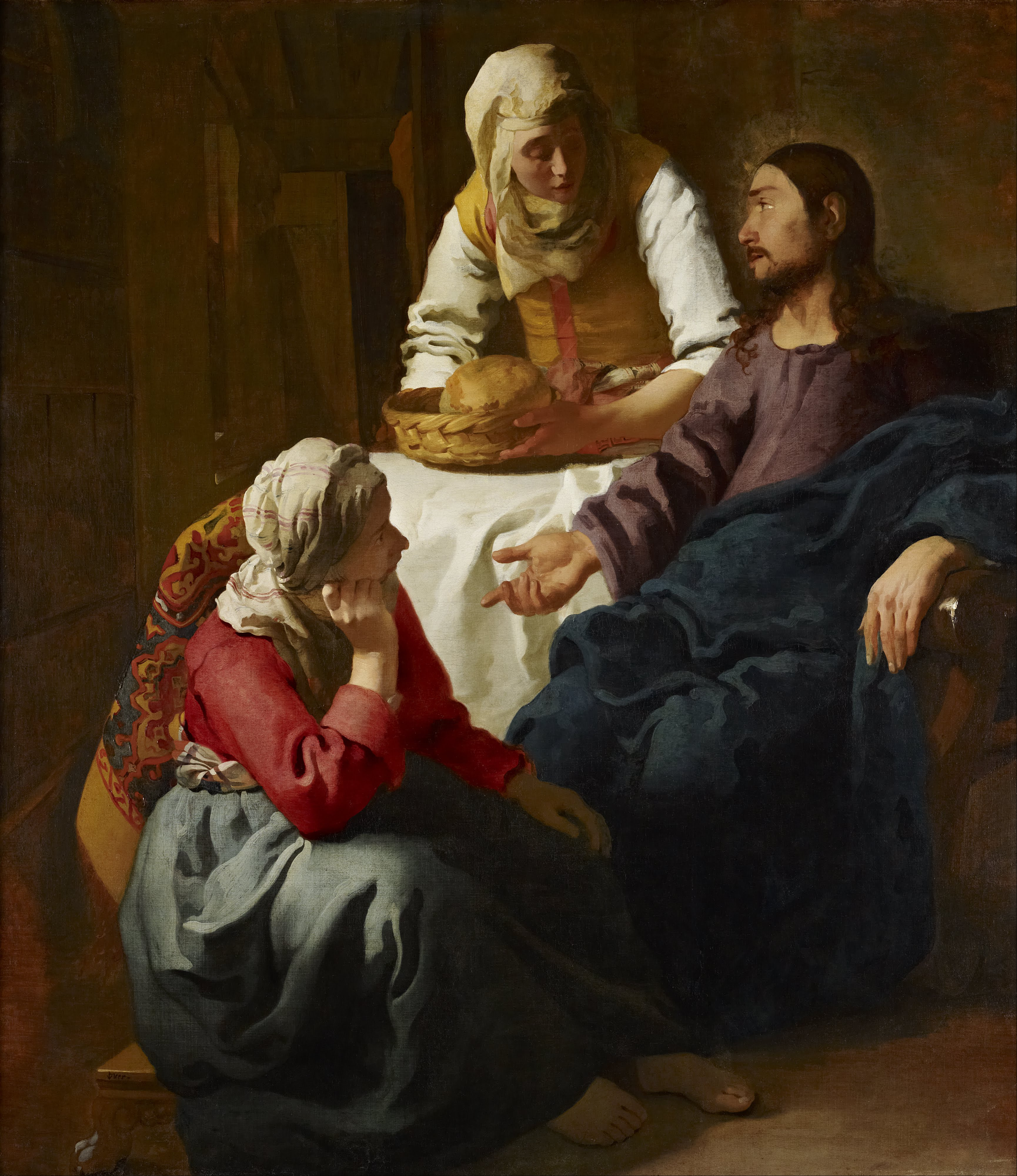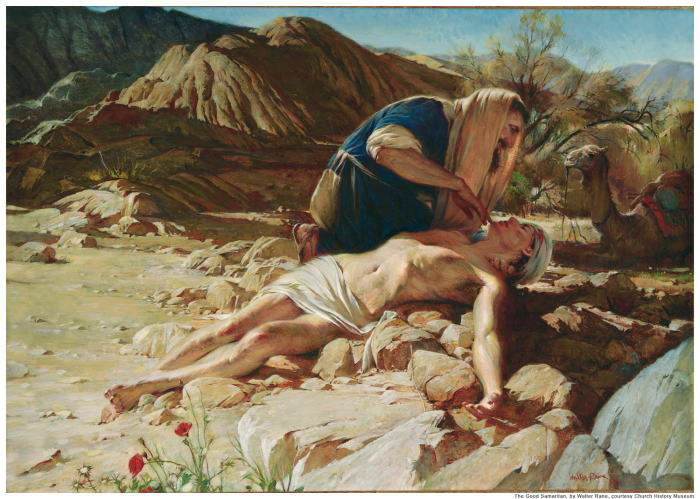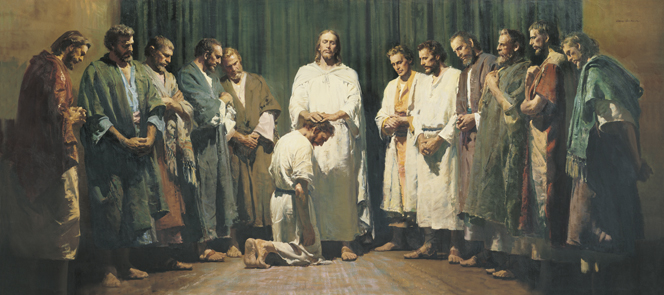Epiphany: God is made visible!
(Mt 2:1-12)
In most cultures, one of the games that children play is “hide and seek”, with many variants – tag, sardines, or hidey (in Scotland). There is a lot of fun in finding hidden objects and people! God seems to play ‘hide and seek’ with human beings.
Isaiah cries out, “Oh God of Israel, you are a God who lies hidden” (Is 45:15). And the Psalmist prays, “It is your face Oh Lord that I seek, hide not your face from me” (Ps 27:8b,9). This was the situation of the old dispensation. But suddenly there is a surprise in the history of salvation. God is made visible in the form of a little babe.
Today’s feast, my dear friends, commemorates the public manifestation of God in the person of Jesus. The story in today’s Gospel passage tells us of three wise men from the East who undertook a tedious journey to behold this God-made-visible.
This journey is the journey of every human person. It is our journey. The journey towards the fulfilment of our heart’s desire. It is the fulfilment of what St Augustine encapsulated so beautifully, “You have made us for yourself, Lord, and our hearts are restless till they find rest in you?” It is the story of the human heart as it longs for the Eternal beloved, as St John of the Cross sings, “Where have you hidden, Beloved, and left me moaning? You fled like the stag after wounding me; I went out calling you, but you were gone.”
The story of the wise men is the story of our inner thirst: the search for the God who can quench this thirst and the fruits of that encounter. I would like to share a reflection on five elements that we can see in the Gospel of today that is also part of our own spiritual journey, our Christian life journey. (Those of you who are familiar with my reflections will recognise some repetition!)
1. The Inner Thirst: “Some wise men came to Jerusalem from the east.”
The Psalmist prays (Ps 63), “Oh God, my God for you I long, for you my soul is thirsting.” And in yet another place: (Ps 42:1-2): “As a deer that yearns for running streams, so I yearn for you, my God. I thirst for God, the living God; when shall I go to see the face of God?”
The magi came from the east because they were responding to their inner thirst, to behold the King of the Jews!
In John 4, the Samaritan woman came to the well, apparently because she was thirsty for water, H2O. But at the end of the story, she left her “empty water jar” at the feet of Jesus, because her inner thirst was fulfilled by the “living water” – Jesus himself. The empty water jar, then, is a symbol of our own thirsting hearts. Zacchaeus wanted to see Jesus (Lk 19:3). The apostles responded to the call of Jesus because He promised them something greater than their mundane life.
There is an inner thirst in every human being. This makes us challenge ourselves to transcend the contingencies of daily life. What is the source of this thirst? It is the truth that human beings are created in the image of God (Gen 1:27). Being in the image of God, we want to discover our true nature, we want to pour into that source of our own life. We want to reach our origin. As every river on the face of the earth, large and small, strives towards the great ocean, we all strive towards God. He is the alpha and the omega.
2. The Pointer: “And there in front of them was a star…”
The same God who put the thirst within us offers also possibilities to fulfil that thirst. He places pointers – landmarks, signposts – that serve to show us the path that we need to take. The magi were led by the star (Mt 2:1-10). The little Samuel in the Old Testament was directed by Eli to recognize the voice of God (1Sam 3:1-10). The two disciples, John (?) and Andrew, were shown by John the Baptist, “Look, there is the lamb of God” (Jn 1:36).
We all need fingers that point at the right direction. We all need John the Baptists in our lives to show us the way. These pointers could be our family, friends, teachers and guides. It could be the Church; and the Word of God. The pointers could be just powerful experiences – stars on our way: moments of consolation during our prayer that give us the foretaste of the fulfilment of our thirst. Sometimes they could be very tragic events, including accidents, sicknesses, disappointments and broken relationships. They could be people put on our way by God, who we need to recognize and journey with. Yes, we all need mentors, spiritual directors and models.
3. The Search: “Where is the infant king of the Jews?”
I know I am thirsty! I know my heart is restless! But it is also so easy not to see the pointers. Each of us has a sense of self-sufficiency flowing from our pride. What the Greeks called, ‘hubris’. It prevents us from seeking help in the right place and at the right time. Where do I seek the fulfilment for my inner thirst: In my daily engagements? In human relationships? In pleasurable activities? In my books and degrees? In wealth and fame?
Even the magi, in spite of the direction shown by the star, entered the palace of Herod. They were led astray by human logic: if a king was born, surely he must be born in the palace. “Where is the infant king of the Jews? We saw his star as it rose and have come to do him homage” (Mt 2:2). Soon they realize that they were faced with the villain rather than the hero. And the surprise: he is born in Bethlehem, the least of the cities of Judea; in a manger; a child wrapped in swaddling clothes!
In the Resurrection accounts of the Gospels, the women go to seek him in the tomb. True. He was dead. He was put in the tomb. That is where they had seen him last. But the good news is: “Why do you seek the living among the dead (Lk 24:5)? He is alive. He is risen! He goes ahead of you! He has moved on and you must too!
Jesus said, “Ask, and it will be given to you; seek, and you will find; knock, and the door will be opened to you (Mt 7:7). Jesus re-echoes authoritatively the assurance of King David to his son Solomon, “If you seek him, he will let you find him” (1 Ch 28:9). Often I don’t receive, because I am asking for ephemeral things. I don’t find, because I don’t know what I am looking for. And I don’t get the door opened, perhaps because I am knocking at the wrong door.
4. The Encounter: “And they did him homage”
The magi are called ‘wise’ because they were willing to learn; ready to correct themselves. “Having listened to what the king had to say, they set out. And there in front of them was the star they had seen rising; it went and halted over the place where the child was. The sight of the star filled them with delight, and going into the house they saw the child with his mother Mary, and falling to their knees they did him homage.”
In the Uffizi museum in Florence, Italy, there is a beautiful painting by the 14th century artist, Gentile da Fabriano, entitled “The adoration of the magi.” When I was there in 2005, I visited the Uffizi twice just to meditate on this painting. In the painting we see Mary, the mother of Jesus, reverently holding the baby Jesus. Joseph humbly standing behind them. And the three magi, accompanied by a large entourage, approaching the baby Jesus. Each of the magi in a different posture: The first among them is an elderly one, he has knelt in reverent admiration before Jesus, with his crown on the floor, and Jesus playfully putting his left hand on his bald head as Jesus slips out of the grip of Mary. The second of the magi is seen in a dynamic posture towards kneeling, holding his gift on one hand and removing his crown with the other. The third holds up his gift, as his servant busies himself removing the shoes of his master. And of course, there are two women behind Jesus and Mary curiously examining the gift presented by the first.
To me, this painting captures best the stage of encounter with God, even in our own spiritual journey. We encounter God in our nakedness. We encounter God in our emptiness.
5. Effect of the Encounter:
“They opened their treasures to him…; and returned to their country by a different way.”
A specific expression of conversion as a result of the encounter with Jesus is renunciation – the ability to surrender what we hold dear. The Magi recognize the king of the world in that child in Bethlehem, “and falling to their knees they did him homage. Then, opening their treasures, they offered him gifts of gold and frankincense and myrrh” (Mt 2:11). In most gospel stories of encounter with Jesus, there is a pattern of leaving behind something. “So the woman left her water jar (Jn 4:28). When the fishermen encountered Jesus, “At once leaving their father Zebedee in the boat with the men he employed, they went after him” (Mk 1:20, Mt 4:22). When Levi encountered Jesus he was willing to leave his table, “and followed him” (Lk 5:27-28). Zacchaeus was ready to give half of his property to the poor (Lk 19:9).
Secondly, after their encounter with Jesus, the magi “returned to their own country by a different way” (Mt 2:12). If they had used the same way that they came by, they would have betrayed Jesus because Herod was waiting for them. This is what we see in every conversion that is a result of an encounter with Jesus. The Samaritan woman (Jn 4), who was apparently avoiding other people in the beginning of the story goes back to the village to tell them, “there is a man at the well who told me everything that I have done, could he be the Christ?” Saul, after his encounter with Jesus, becomes Paul, and declares: “For me to live is Christ!”
To conclude, let us ask ourselves:
- Where am I, in my own life journey?
- How am I fulfilling the inner thirst within me?
- Do I see the stars that God has placed on my way?
- Am I ready to surrender myself in the presence of the God-made-visible in Jesus?
- Am I willing to go home by a different way?
Fr. Franco sdb


